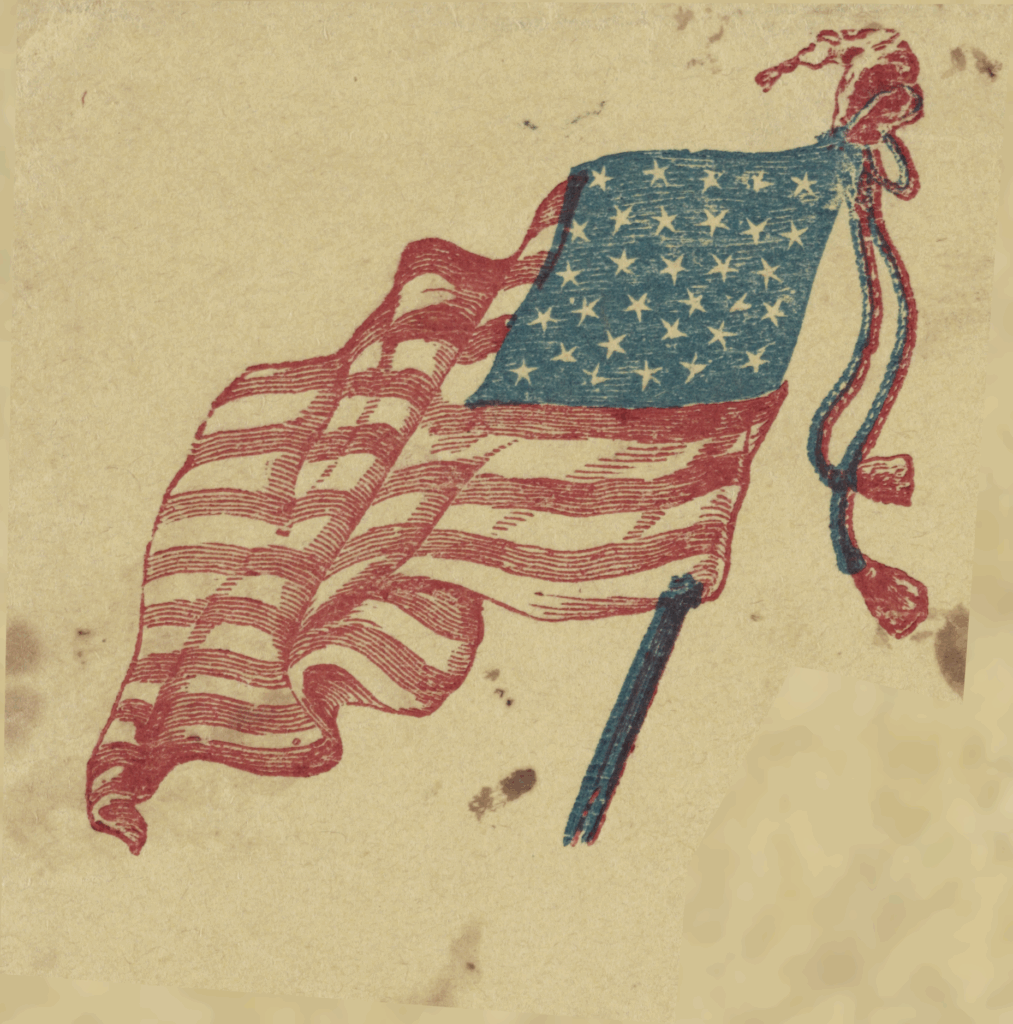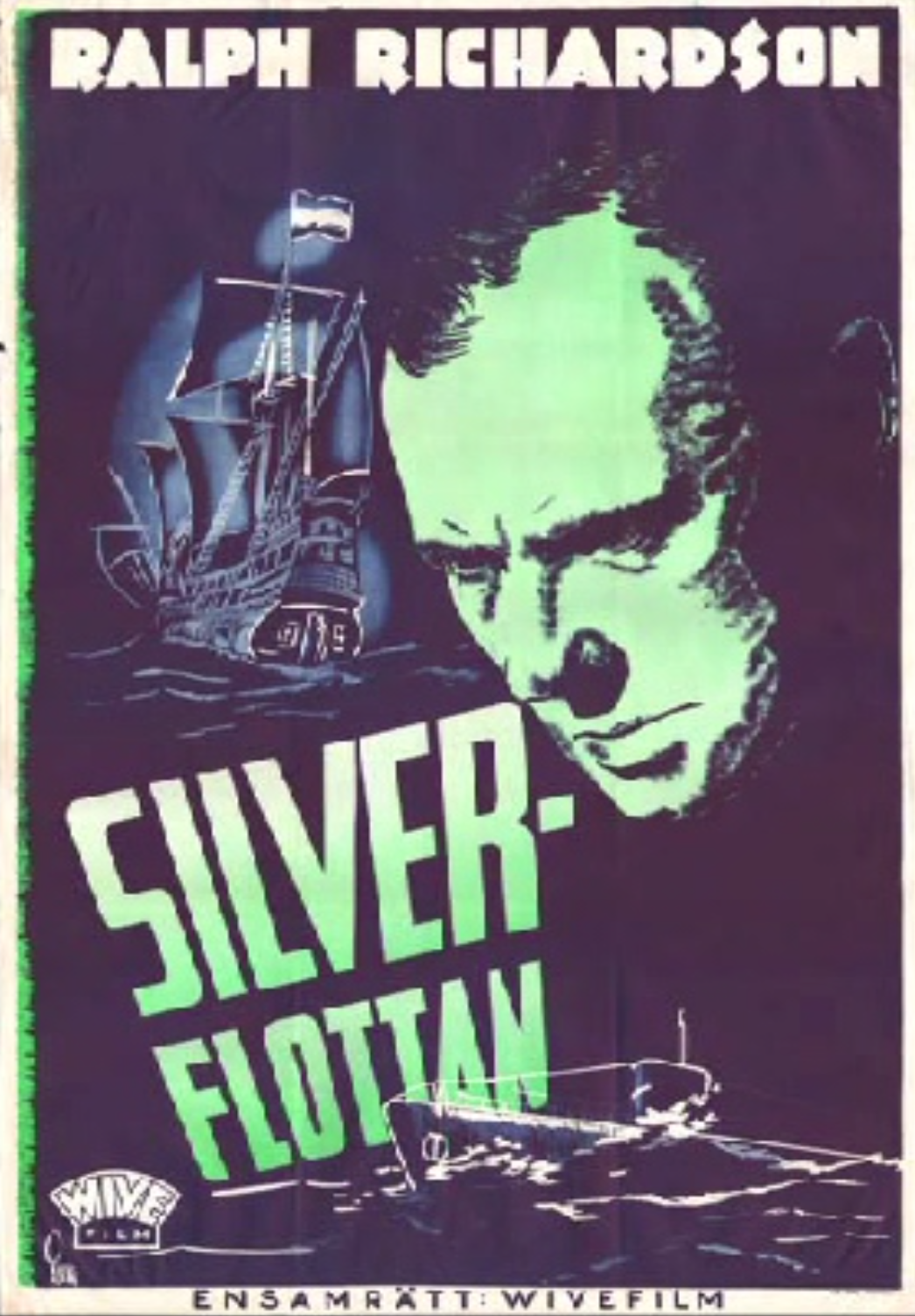“What fools they are – they think life is everything.”
– Jaap Van Leyden
If a time such as ours can have anything wonderful about it, it is witnessing the massive and ongoing resistance by regular people against the takeover of their country by bullies. Many people did so during the WW2 Nazi-occupation of their country, and The Silver Fleet tells such a story in Holland.
The Silver Fleet was made in England in 1943 when the war’s outcome was unknown and fearful. Brave itself, the film depicts the bravery of people who resisted the Nazi takeover of Holland; and even a person strong enough to withstand being thought a quisling so as to make the greatest show of resistance. As with Sunset Boulevard or American Beauty we know the character’s fate at film’s open – and then we watch the hero make their way to it for 90 minutes.
This supposed-quisling is shipyard owner Jaap Van Leyden, played by “the admirable Ralph Richardson,” Fletcher writes. Van Leyden’s shipyard is taken over by the Nazis after the invasion, but he continues to run the operation in apparent collaboration. While his workers are mistreated and starved by the occupiers (the Nazis forced people to have a work-card to be eligible to buy food), his family gets contracts, and special-delivery-Nazi-groceries – since the local shop won’t sell to Mrs. Van Leyden anymore.
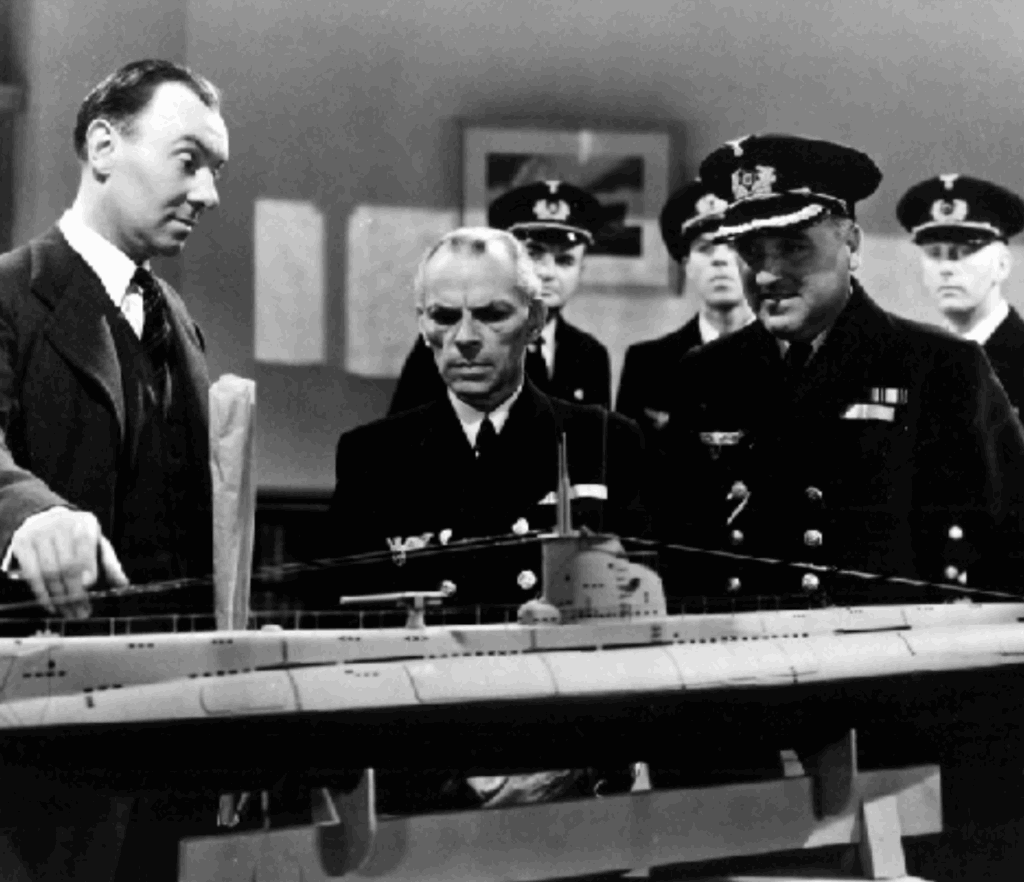
Mrs. Van Leyden is played by Googie Withers who is a steaming-mad Barbara Stanwyk just beneath the long-suffering surface grace, while she watches in stark disbelief as her husband seems to sell his soul. At a lowest of moments, Mr. Van Leyden is even complimented by the Gestapo that, “If ever you are out of a job there is one waiting for you in the Gestapo.” Fletcher disagrees with me, and quips disdainfully about Withers’ performance that she “could have parted with [her] tearlessly.” The Guardian was kinder: “Googie Withers does not overstrain a rather colourless part” – although both seem off the mark.
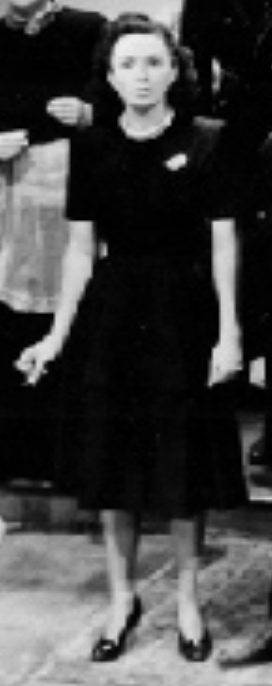
While Fletcher panned Withers, she heaps praise on the performance of the couple’s child, played by Willem Akkerman, as “the most endearing nine-year-old in pictures.” Additionally, Kathleen Byron (of Black Narcissus fame) plays the well-meaning and inspiring schoolmistress; and John Longden (from Hitchcock’s Blackmail) joins a cast of resisting Hollanders intent on liberty or death.
Early in the film, Van Leyden is given the news by the Gestapo that he’ll either become a Nazi-collaborator or have a target on him and lose his shipyard. Much like the U.S.A.’s ICE nowadays, the Gestapo interviewers want to know about Van Leyden’s political involvements – if any – and want to know why he had recently visited France and Denmark? Van Leyden plays it cool, conning them while he plots, writing acerbic things about them in the diary that will become the only means of his wife knowing what he had been up to.
After this frightening Gestapo interrogation, we see Van Leyden outside his son’s school, at end of day, waiting for the lesson to end so they can walk home together. Inside the classroom, the children are being led by the teacher (played by Kathleen Byron) in the song “He won the silver fleet,” about legendary hero Piet Hein, who saved Holland from Spain, the teacher says, when “Holland was in danger and everything seemed lost.” Piet Hein’s victory “raised our people from despair,” and even though “Piet Hein was a very little man … when our country is in danger it doesn’t count how big we are. What counts is to love our country and be brave. And no matter what happens you must never give up.”
Unsurprisingly, on their walk home Van Leyden’s son Willem tells his father that “we might have a new teacher soon.”
The historical Piet Hein – Pieter Pieterszoon Hein – was an admiral, and the director of the Dutch West India Company and undoubtedly involved in the slave trade. He – along with some soldiers and sailors – seized a treasure fleet in Cuba in 1628 – The Silver Fleet – from Spain that was worth millions of ducats, so that the Dutch and Spanish could continue fighting each other over other people’s land. Nevertheless, this colonial tale taught to children to inspire patriotism when “Holland was in danger and everything seemed lost” is the impetus for Van Leyden’s heroism. Perhaps it is like quoting Thomas Jefferson about freedom, knowing that he purposefully kept freedom from enslaved people and all the repurcussions from this betrayal that cascade to this day: if it can inspire and spread a movement against slavery, against Nazis, against maga, why not? It does not necessarily sow a seed of destruction in itself, if we remember where Jefferson or Heyn failed.
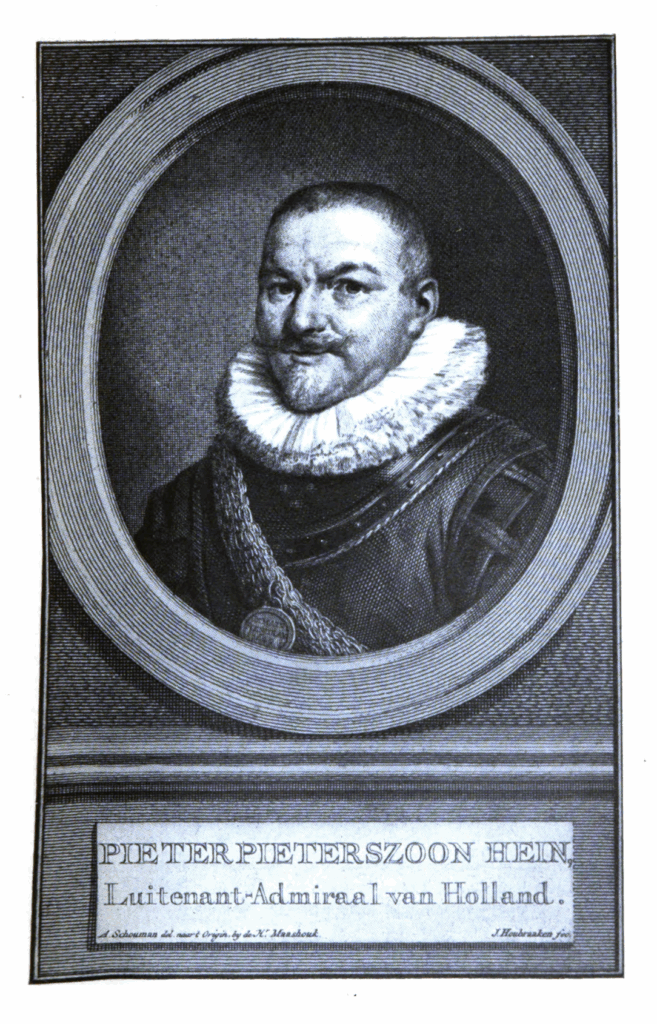
It certainly helped Van Leyden to rise up against the Nazis, as he makes himself into an amalgam of Hein, Robin Hood, Jesus, Kilroy was here, and a one-man fifth column.
(Somehow, a famous scientist, poet and Nazi-resistance legend was also named Piet Hein. Poet Hein wrote griffiti poetry he called “grooks” during the occupation to inspire his fellow Danes. Scholar Gene Keyes writes that that Hein was “president of anti-Nazi union ‘Kulturkampen’ at time of occupation and had to go underground at once.” Keyes describes that,
“…under the pseudonym Kumbel, [Hein] began circulating elliptical poetic aphorisms he called ‘grooks’: a kind of chirrup to Danish endeavor, written at a level slightly above German sensibility.” Keyes quotes a grook entitled “Problems”:
Problems worthy
of attack
prove their worth
by hitting back.”)

The resistance of this shipyard owner in this film can still inspire, and is the same resistance of Senator Van Hollen visiting Kilmar in El Salvador; or Ras Baraka arrested for trying to inspect the ICE-controlled facilities where Baraka’s constituents have been kidnapped and held; of Perkins Coie withstanding attacks against themselves and the law by 47, and not caving like many others in their field who lack integrity and vision; of Costco standing up for DEI (while pathetic companies like Target wither in obeisance); of Maine’s Governor Janet Mills standing up for trans kids and against 47’s unlawful bullying; of the Georgetown Law students who started a spreadsheet of what 47-worshipping firms to avoid; and of 50501 and Indivisible and Tesla Takedown and thousands of other community groups fighting for democracy and the Republic, in open defiance of an authoritarian movement hellbent on silencing everyone.
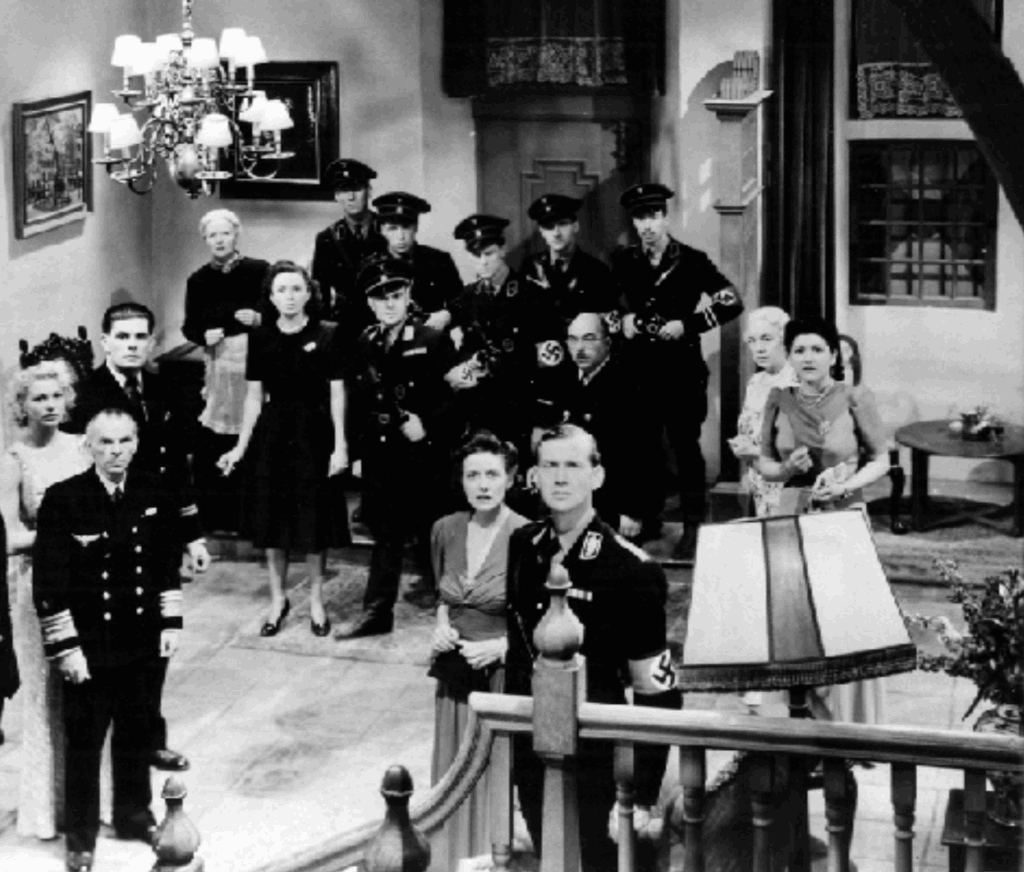
Before Martin Amis went to the dark side in support of the Global War Of Terror and the macabre invasion of Iraq, he wrote eloquently and prophetically about the dark movements fomented by GWB and finding full expression in 47, in his novel London Fields: “It takes all kinds to make a world. It only takes one kind to unmake it.” Fortunately for us, that one kind is addicted to failure and self-destruction and isolation – and those of us in the All Kinds group can create the world we want to live in just by refusing the darkness and shining the light. Yeah cheers.
While there were certainly many films made during wartime about such inspiring figures and events, being made in England the film echoes 1942’s Went The Day Well? by legendary Brazilian filmmaker Alberto Cavalcanti, based on Graham Greene’s story “The Lieutenant Died Last” which is exquisitely subtitled “An Unrecorded Victory of 1940.” Along with featuring the legendary line “I hate to think we were sharing our dinner last night with a couple of Nazis,” Went The Day Well? illustrates the lesson for our time: It’s up to us. After their tiny town is occupied by supposedly British troops who turn out to be a fifth column of Nazis, the brave citizens take risk after risk, suffer failure after failure, with selfless acts of heroism for each other, and for their country. The leader betrayed us? It’s up to us. Communications are down? It’s up to us. The Home Guard is killed by Nazis? It’s up to us.
At film’s open, we see four lines of a WWI poem by John Maxwell Edmonds, explaining the title – and the challenge:
“Went the day well?
We died and never knew,
But, well or ill,
Freedom, we died for you”
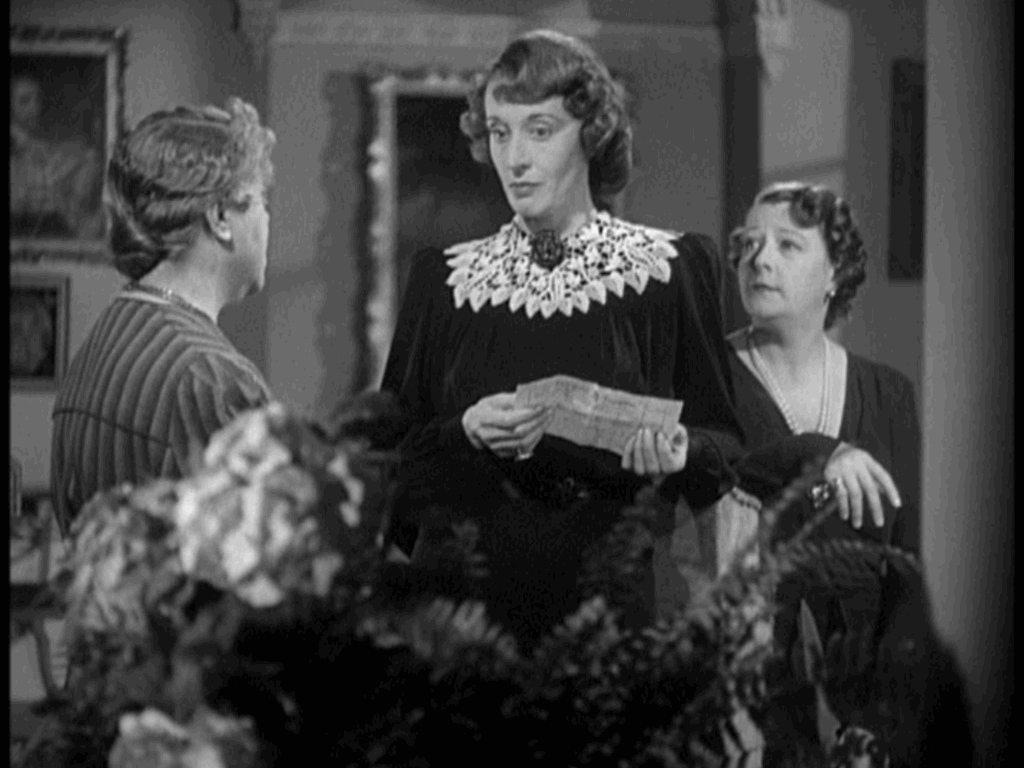
Went The Day Well?
Reissued on DVD in 2011 by VCI, The Silver Fleet, the film can be watched for inspiration, for history, for the future, for fun. Fletcher’s final kudos for Fleet are exactly correct: “The Silver Fleet is dignified, unpretentious and moving; a credit to its directors Michael Powell and Emeric Pressburger.” May we all survive and defeat maga with such self-sacrifice, dignity, and artistry, when the U.S.A. was in danger and everything seemed lost.
